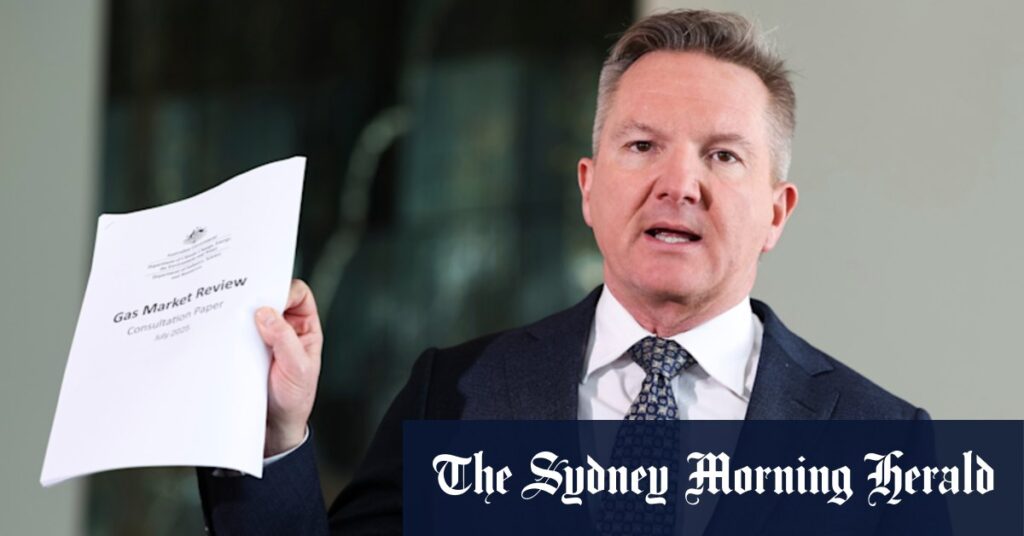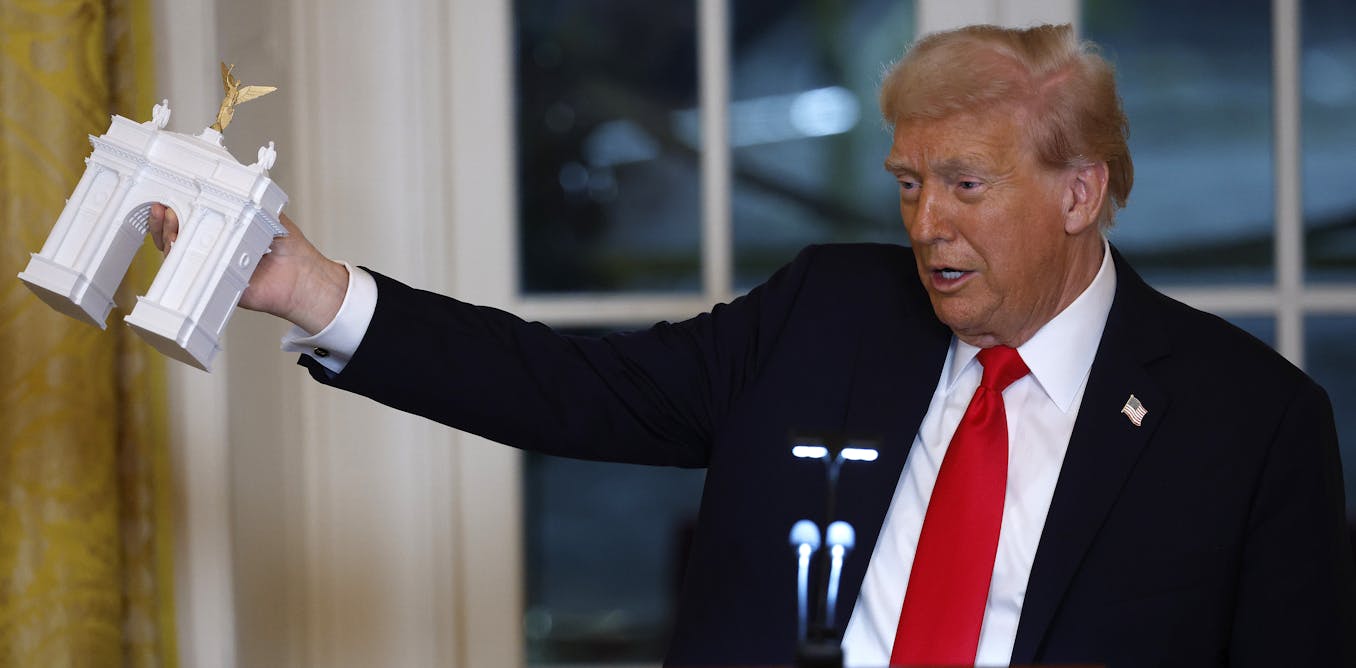
East coast gas producers in Australia may soon face a groundbreaking reservation scheme aimed at boosting domestic fuel supplies. This announcement by the Albanese government comes amid warnings from the consumer watchdog that the eastern states could experience a gas shortfall by the end of the year.
On Monday, Energy Minister Chris Bowen revealed a comprehensive review of the gas market, set to report by year’s end. The review’s goal is to “ensure Australian gas is available to Australian users at reasonable prices,” Bowen stated. He emphasized that it is a “reasonable request” for Australians to have access to their nation’s gas resources.
“That’s a reasonable request by the Australian people and one that we will continue to work to deliver,” said Chris Bowen.
Background and Industry Impact
The potential implementation of a gas reservation scheme marks a significant policy shift for Australia, traditionally reliant on its lucrative LNG export market. Former opposition leader Peter Dutton had previously shocked the gas industry with a similar proposal before the May election, suggesting a reservation on LNG exporters. His plan aimed to charge companies for uncontracted gas supplies shipped overseas instead of keeping them within the country.
The announcement comes as the Australian Competition and Consumer Commission (ACCC) warns of potential supply shortages. The ACCC’s concerns highlight the urgency of securing domestic gas supplies, particularly as demand continues to rise across the eastern states.
Industry Reactions
Gas producers have expressed apprehension about the proposed reservation scheme. Industry representatives argue that such measures could undermine investment and disrupt the market dynamics that have positioned Australia as a leading LNG exporter.
However, consumer advocacy groups have welcomed the review, emphasizing the need for affordable and reliable energy supplies. “Ensuring domestic supply is critical for both households and businesses,” said a spokesperson for the Australian Energy Consumers Association.
Historical Context and Global Comparisons
Australia’s consideration of a gas reservation policy is not without precedent. Western Australia has long maintained a domestic gas reservation policy, ensuring a portion of gas production is reserved for local use. This policy has been credited with stabilizing prices and supply in the region.
Globally, countries like the United States and Canada have also implemented measures to prioritize domestic energy needs, particularly during periods of high demand or geopolitical tensions affecting global supply chains.
Expert Opinions
Energy analysts suggest that a balanced approach is necessary to address both domestic supply concerns and the interests of the export market. “Australia’s LNG exports are a significant economic driver, but ensuring domestic energy security must also be a priority,” said Dr. Lisa Thompson, an energy policy expert at the University of Sydney.
Dr. Thompson further noted that the review could lead to innovative solutions that balance these competing interests, potentially setting a precedent for other resource-rich nations facing similar challenges.
Future Implications and Next Steps
The outcome of the gas market review will be closely watched by industry stakeholders and policymakers alike. Should the government proceed with a reservation scheme, it could reshape the landscape of Australia’s energy sector, influencing both domestic and international markets.
Meanwhile, the Albanese government continues to emphasize its commitment to ensuring energy security while maintaining Australia’s position as a global energy leader. The forthcoming report will likely provide a roadmap for achieving these dual objectives.
As the year progresses, stakeholders will eagerly await the review’s findings and the potential policy shifts that could follow. The balance between domestic energy needs and export opportunities remains a critical issue for Australia’s economic and environmental future.







